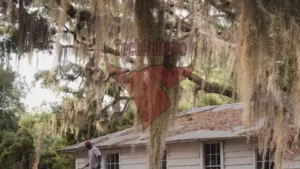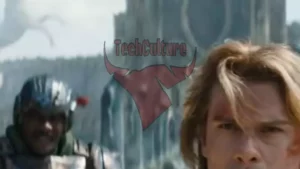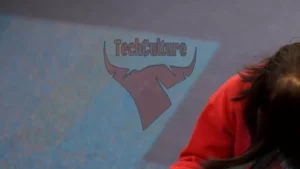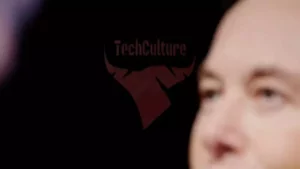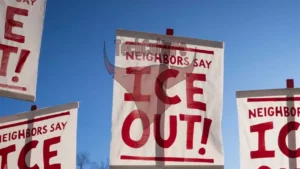San Francisco is making headlines not for its iconic Golden Gate Bridge or delicious sourdough bread, but for something unexpected – the most stolen books at its public libraries are not bestsellers or scandalous memoirs, but rather books on addiction recovery. City Supervisor Matt Dorsey has proposed a groundbreaking initiative to provide universal access to free drug recovery books, including Alcoholics Anonymous’ revered 12-step program literature.
The proposed program aims to make addiction recovery books easily accessible at all 27 of San Francisco’s public libraries, marking the city as a pioneer in addressing addiction amidst a nationwide fentanyl crisis. The idea stemmed from the observation that books focusing on overcoming substance abuse, particularly Alcoholics Anonymous’ “Big Book,” were in high demand and constantly needed replenishment on library shelves.
In a pilot program launched last April at three library branches, over 2,600 books on addiction recovery have been distributed, ranging from AA’s 12-step guide to publications by Narcotics Anonymous and Crystal Meth Anonymous. With San Francisco grappling with a fentanyl epidemic like many other cities across the country, providing resources like free Narcan and clean needles has been crucial in harm reduction efforts.
The introduction of free addiction recovery literature is seen as another vital step in supporting individuals struggling with addiction and steering them towards available recovery programs in the city. With more than 560 weekly Alcoholics Anonymous meetings in San Francisco, the distribution of these books could serve as a gateway for individuals seeking help in their journey to sobriety.
Keith Humphreys, a respected figure in the field of psychiatry at Stanford University and former White House Senior Drug Policy Advisor, commended the initiative, stating that there are diverse paths to recovery, and this program could be instrumental in guiding individuals towards the approach that resonates with them the most. By offering a variety of resources, San Francisco is demonstrating a commitment to supporting individuals on their journey to overcoming addiction and reclaiming their lives.
In a time when addiction rates are soaring, and communities are grappling with the devastating impact of opioids and other substances, San Francisco’s innovative approach to providing free access to addiction recovery literature represents a beacon of hope. By acknowledging the power of knowledge and support in the recovery process, the city is taking a proactive stance in addressing addiction and fostering a community of healing and resilience.
